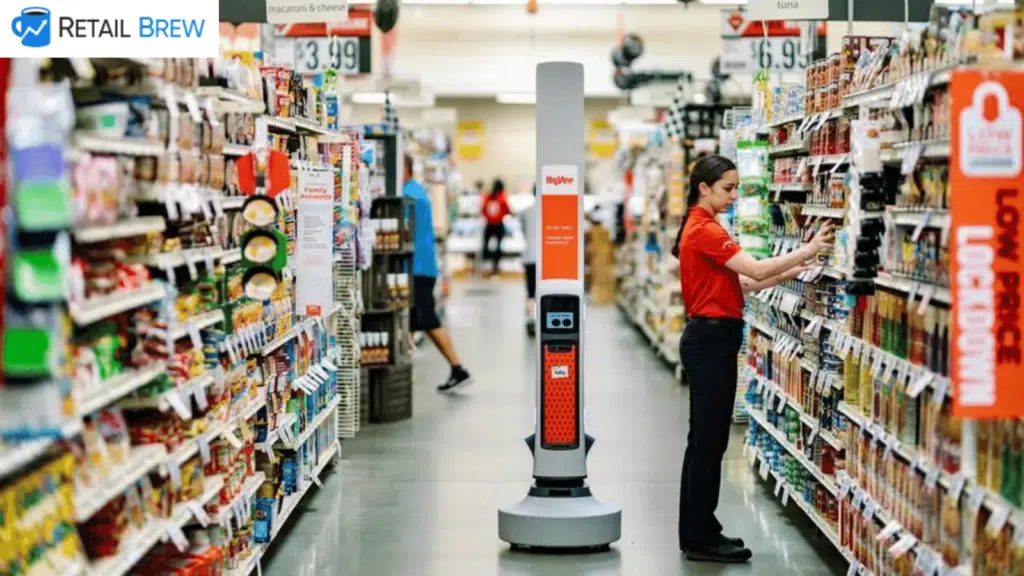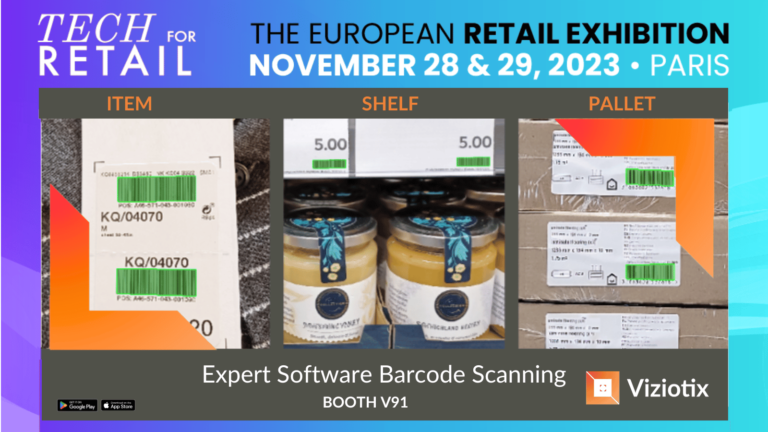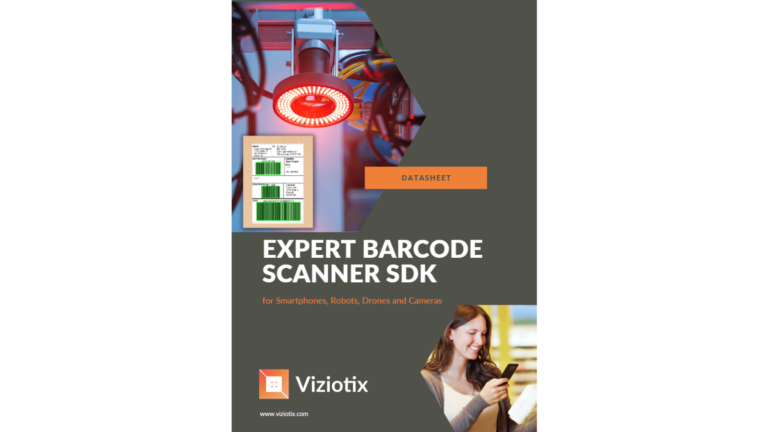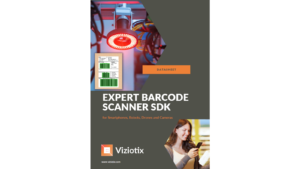Retail Barcode Inventory System
Retail stores are freeing up their staff with new barcode inventory systems that let robots do the hard work of retail shelf management. Barcode scanning SDKs, cameras, and Linux platforms make it possible. Retail inventory robots can check inventory levels, ensure planogram compliance, verify pricing, and alert staff to problems like out-of-stocks. This data and error reports are collected in real time and sent to the store’s management and associates for action. This should lead to better experiences for shoppers and in-store pickers, as well as overall increased revenue and lower costs for the store. There are two critical problems that retail inventory robots can solve. The first is that out-of-stocks result in significant lost revenue. The second is that inventory errors take time to correct, and each problem therefore costs the store time and money.
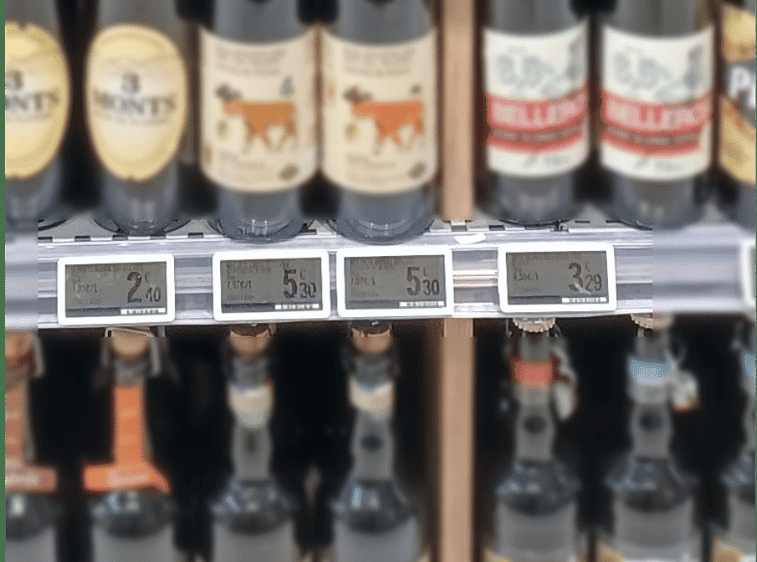
Barcode Challenges in Retail
Scanning retail shelf-edge barcodes (paper or electronic ESLs) is demanding and needs a powerful barcode scanner SDK. The barcodes are often small with a very low height. In order to capture all the vertical shelves as they move, the robots need to be at some distance, and the scanner therefore needs to be exceptional at finding and decoding these small barcodes in large image files. The Viziotix Nano-Scan feature allows decoding of EAN, UPC, Code 128, ITF and MSI barcodes using sub-pixel resolution to reliably capture these codes.
Blurry barcodes are also a problem. The robots move past the shelves and therefore the images captured have some movement blur (and perhaps focus blur). This tends to affect the narrow bars of 1D barcodes first and makes these blurred barcodes unreadable – unless special algorithms are used. The Nano-Scan algorithm also helps this issue as it enables sub-pixel resolution to find the bars using only 0.7 pixels in the image.
Robotic Barcode Inventory Systems in Retail Brew
Retail Brew discusses the increasing presence of robots in grocery stores, performing tasks like shelf scanning, spill detection, floor cleaning, and deliveries to mitigate staffing shortages and aid multitasking associates. Companies like Brain Corporation and Badger Technologies are developing robots to handle less desirable tasks, allowing human workers to focus on more value-added activities. Additionally, robots like Tally by Simbe Robotics (pictured) are helping retailers optimize labor allocation by digitizing product location and availability. Despite initial skepticism, efforts to make robots more approachable through anthropomorphization and consumerization are underway. However, challenges remain in terms of full automation and acceptance by both shoppers and businesses. While some retailers embrace robotic technology, others face obstacles such as increased aisle traffic and customer reactions. Nonetheless, the article suggests that embracing robotics could lead to a more efficient and competitive grocery retail landscape in the future. Read more in this Retail Brew article (c Retail Brew, Feb 22 2022).

